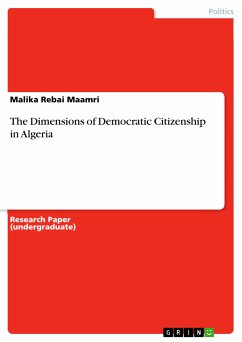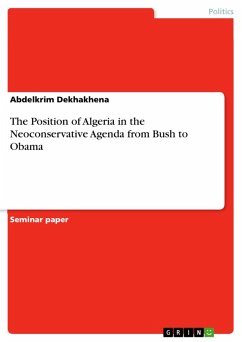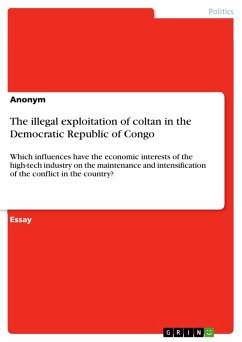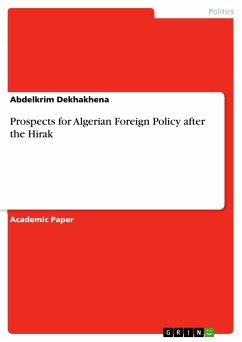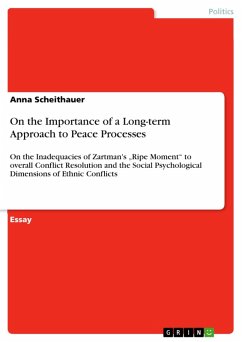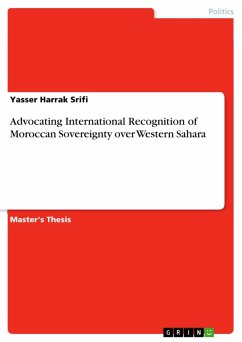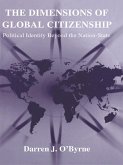Research Paper (undergraduate) from the year 2014 in the subject Politics - Region: Africa, , language: English, abstract: By mid-twentieth century, citizenship and democracy had become a grand narrative about cohesion within society as well as about representation and misrepresentation within the modern state. Building a national identity proceeds hand-in-hand with the tasks of building a legitimate state and democratic institutions. In Africa for instance, the issues of democracy and citizenship have come to the centre stage. Many post-independent African governments have attempted to construct and strengthen the national consciousness of their citizens. Such policy formed part of broader projects meant to develop and promote national identity and the ties that bind them to one another as well as emphasize the bonds between state and citizens. However the blurring of such issues as participation, civil society, nation-state, citizenship and democracy, robbed as it were, the public sphere of its 'ideal' status, particularly with regard to its potential as an integrative force in society. While pervasive poverty constitutes the main hindrance to democracy in some countries, in others, the democratic deficit rests on other considerations. Everyday experience of citizenship in post-colonial Algeria has revolved around a sense of what is lacking, the absence of entitlements, respect and dignity shattered by the French colonisers, a sense of longing for recognition, of being allowed to live with dignity, and of being treated as fully human. Integral to this process has been the development of a national identity out of the debris of colonialism. Today, state-society interaction in the country points towards both progressive and regressive democratisation. Drawing on ideas from Habermas, Putnam, Dahl and others, this paper aims to explore the dimensions of democratic citizenship in Algeria. On the one hand, it will look at the strategies used by the decision-makers to revigorate and activate democratic governance. On the other hand, it will attempt to answer such questions as: 1) what are the new diverging and conflicting notions of (democratic) citizenship that are articulated in the public spheres? 2) What has happened to the stock of "social capital" in the course of democratisation in Algeria? What must the country do for an enduring democracy?
Dieser Download kann aus rechtlichen Gründen nur mit Rechnungsadresse in A, B, BG, CY, CZ, D, DK, EW, E, FIN, F, GR, HR, H, IRL, I, LT, L, LR, M, NL, PL, P, R, S, SLO, SK ausgeliefert werden.

